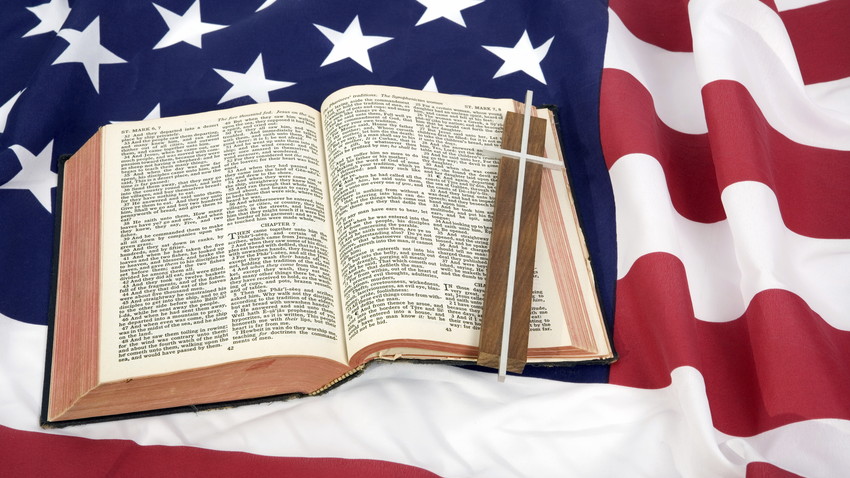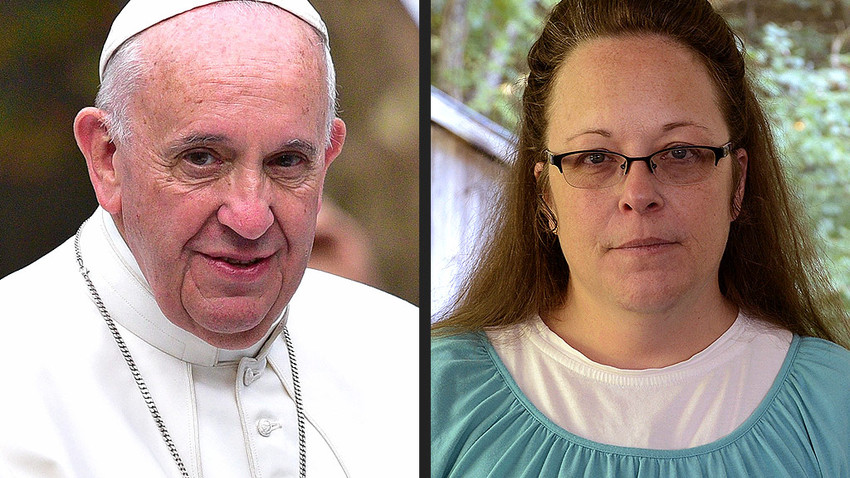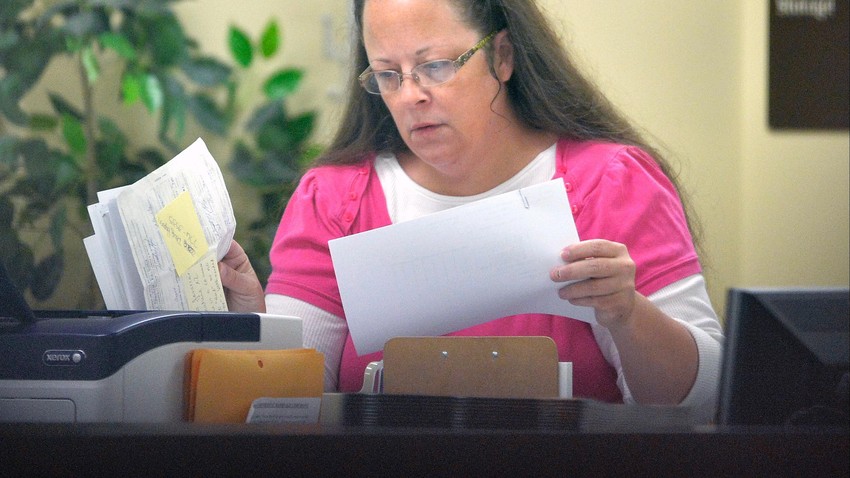On Tuesday the Pew Research Center released its 2014 Religious Landscape Study, a survey of over 35,000 Americans. Coming seven years after Pew’s previous such study, the new survey offers some intriguing comparisons.
According to Gregory Smith, Pew’s associate director of research: “‘We should remember that the United States remains a nation of believers with nearly 9 in 10 adults saying they believe in God’” (USA Today 11-14-15). But that statistic represents a three point drop from 92% in 2007 to today’s 89%, leading Pew on its website to ask: “Is the American public becoming less religious?” In response to its own question Pew offers a two-part answer. “Yes, at least by some key measures of what it means to be a religious person. [This] new survey . . . finds that the percentages who say they believe in God, pray daily and regularly go to church or other religious services all have declined modestly in recent years” (www.pewforum.org/2015/11/03/u-s-public-becoming-less-religious/).
Then Pew offers a second analysis of its numbers: “But [this] study also finds a great deal of stability in the U.S. religious landscape. The recent decrease in religious beliefs and behaviors is largely attributable to the ‘nones’—the growing minority of Americans, particularly in the Millennial generation, who say they do not belong to any organized faith. Among the roughly three-quarters of U.S. adults who do claim a religion, there has been no discernible drop in most measures of religious commitment. Indeed, by some conventional measures, religiously affiliated Americans are, on average, even more devout than they were a few years ago” (ibid).
Intriguing, isn’t it? The number of religiously affiliated Americans is down, but numbers measuring the depth of devotion among the religiously affiliated are up.
How do these numbers inform our faith community’s mission to share the Bible’s hope-filled message of Jesus and His return?
#1—We need a proactive strategy to connect with America’s “nones.” As noted above the Pew Center finds a growing number of Millennials populating this turn from organized religion. And yet notice their openness to spiritual themes: “The study also suggests that in some ways Americans are becoming more spiritual. About six-in-ten adults now say they regularly feel a deep sense of ‘spiritual peace and well-being,’ up 7 percentage points since 2007. And 46% of Americans say they experience a deep sense of ‘wonder about the universe’ at least once a week, also up 7 points over the same period” (ibid). How can we connect with this latent spiritual dimension of this generation’s psyche? Clearly our personal witness, as well as our public evangelism, need to touch America’s “nones” at the place of their heart-longing. We need to tell the story of Jesus all over again in the language of a new generation. We cannot expect our tried and true 20th century strategy of front-loading as many doctrines as possible into as few nights as possible to be the sure-fire method of effectively reaching America’s “nones” and its young.
#2—But at the same time this new research reminds us America’s religiously affiliated are “even more devout than they were a few years ago.” Pew observes: “The portion of religiously affiliated adults who say they regularly read scripture, share their faith with others and participate in small prayer groups or scripture study groups all have increased modestly since 2007. And roughly four-in-ten religiously affiliated adults (41%) now say they rely mainly on their religious beliefs for guidance on questions about right and wrong, up 7 percentage points in seven years” (ibid). For this segment of the populace the overt public proclamation of and witness to the Bible and the Three Angels Messages (evangelism) can strike a responsive chord. They are Bible believers, after all. And of all faith communities, we bring a relevant Bible message whose time has come. We must share it even as we share Him.
The numbers are in. America is still open. But time is short. Let us then respond with prayer-bathed, old-time, cutting-edge faithfulness to Jesus’ call: “Go and proclaim the gospel to every creature” (Mark 16:15).









